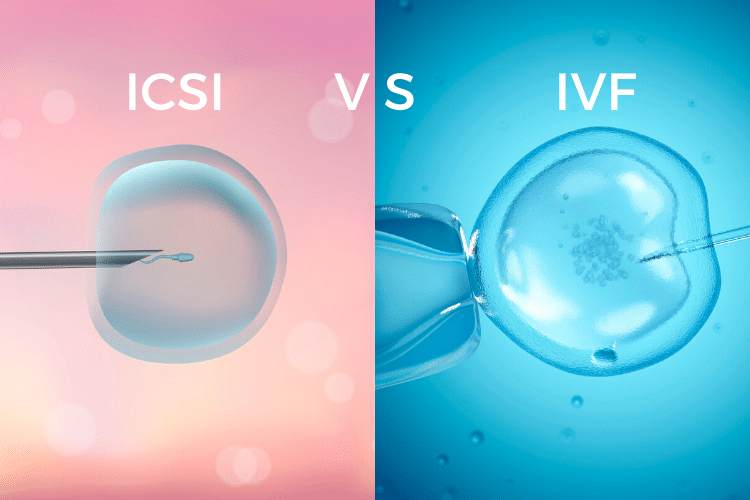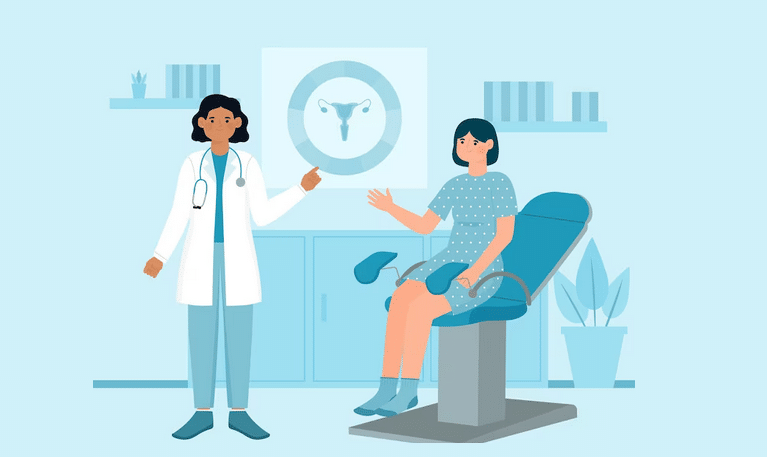Oligospermia, aka very low sperm concentration, happens when a person’s semen (fluid ejected from his penis) contains less sperm than usual. If a person’s sperm count becomes less than Fifteen million sperm every millimetre of seminal fluid, he is said to possess low sperm concentration. A woman cannot get pregnant whenever that man experiences a low sperm count. A test of the sperm is generally advised by the male fertility specialist in Delhi.
Low sperm count: what drives it?
Within the testicles of men, sperm are produced daily, and this requires the sperm for around two months to develop. The number of sperm released per millilitre of semen after ejaculation varies among healthy males, ranging from fifteen millions to over two hundred million. Less than fifteen millions sperm are produced per millilitre by men who have oligospermia, aka extremely low sperm counts.
According to a male infertility expert, sperm production is influenced by a variety of circumstances. These are;
- The use of certain drugs.
- An illness or previous surgery causes scarring.
- Cancer or previous cancer treatments.
- Hormone dysregulation.
- Certain illnesses, such as celiac disease.
- A few inherited conditions.
- Testicles that have not descended.
- Antisperm antibodies
- The testicular veins are swelling.
- Drug addiction.
- Drinking excessively
- Having a profession that necessitates lengthy periods of sitting as well as exposure to specific industrial chemicals
- Inhaling tobacco during smoking.
- Anxiety or mental stress.
- Overweight.
Treatment
Low sperm count remedies include;
e, a varicocele may frequently be surgically fixed, and a blocked vas deferens could be remedied. An earlier vasectomy can be corrected. Sperm may frequently be extracted straight from the reproductive organs or epididymis, utilising sperm retrieval procedures in situations where there are zero sperm within the discharge. This is the best male infertility treatment in Delhi.
Antibiotic therapy:
A few times, an infection prevents these sperm from reaching their destination by causing swelling or scarring as well as interfering with sperm formation. The antibiotic therapy can be beneficial if there hasn’t been any severe harm. A surgical procedure may be used to extract the sperm when overall scarring and damages are too significant.
Hormonal Therapy:
Poor sperm counts in certain people are brought on by low concentrations of these pituitary hormones, which encourage sperm formation. Female hormone abnormality is treated in a same manner. Certain injectable hormones can boost sperm counts to the point where conception happens spontaneously.
Using ICSI in IVF:
Another of the best effective methods for treating poor sperm count involves IVF using intracytoplasmic sperm insertion, aka ICSI. Your female partner’s oocytes are taken and processed during IVF in a laboratory. The male partner’s genetic material is used in the laboratory to monitor fertilisation, and after a fresh embryo has developed, a doctor will transfer that to the mother’s uterus.
ICSI is beneficial when a man has a poor sperm count. This process uses only the finest and best sperm, injecting one sperm straight into the oocyte to facilitate conception. IVF using ICSI has, by far, been the most effective therapy.
Lifestyle changing
The majority of at-home treatments for male infertility and low sperm count concentrate on altering lifestyle choices to enhance reproductive function.
Eat a Healthy Diet:
Your diet may greatly influence your reproductive health. According to certain research, the following meals might cause a drop in sperm concentration.
Packaged meats such as salami as well as hot dogs:
Though preliminary research indicates a correlation, the exact cause of the link between packaged meat consumption and sperm concentration is yet unknown.
Foods containing trans fats:
Trans fats increase the risk of heart problems; however, some findings also indicate that they lower sperm counts. Fortunately, the majority of trans fats have been outlawed in Indi by the Foods and Drug Commission, making them simpler to avoid.
Soy-based items:
A substance found in soy called phytoestrogen is comparable to the chemical oestrogen. Reduced sperm counts might result from overuse of it.
Dairy items high in fat, such as whole milk:
Why ingesting high-fat milk products reduces sperm count is a mystery to scientists. One explanation holds that it’s because cows were given steroids.
Foods coated with chemicals:
Some herbicides have xenoestrogenic properties. They mirror phytoestrogens and the oestrogen the human body produces. You could have less sperm as a result. To minimise pesticide exposure, rinse your food before eating.
Conclusion
Low sperm counts are not a barrier to conception. It can only take longer than you had anticipated, and you might need to see Dr. Shivani Sachdev Gour to find out how you might increase the quality of your sperm. Schedule an appointment within SCI IVF Hospital if you think you may have a problem.




